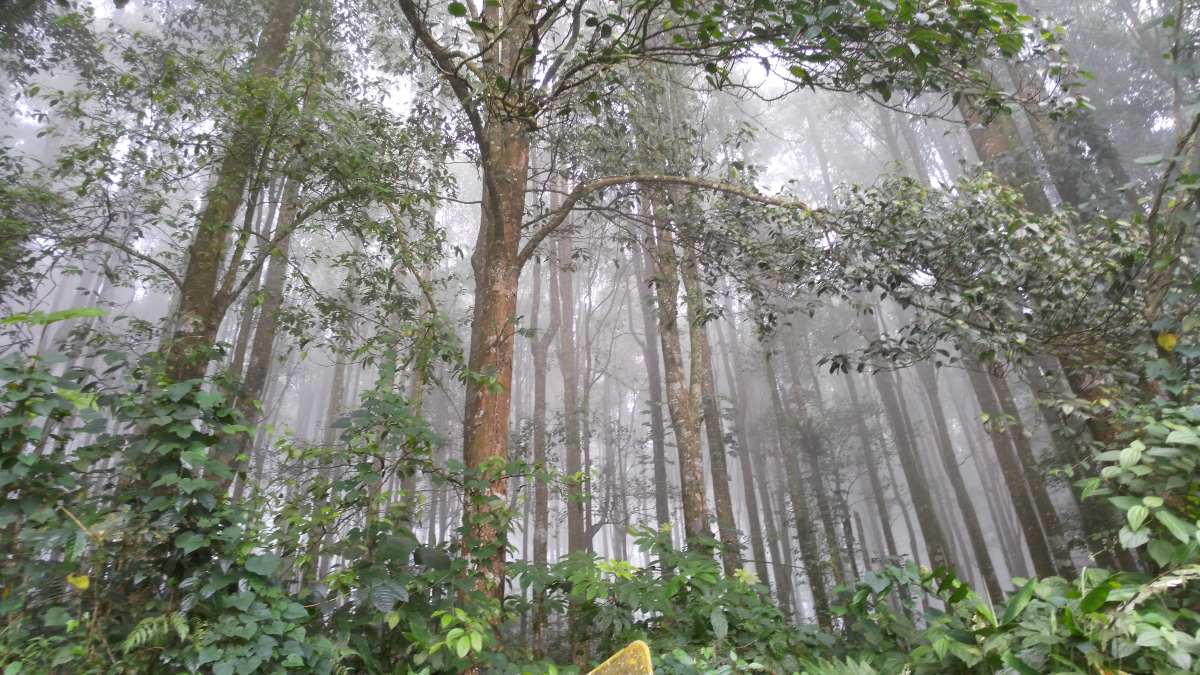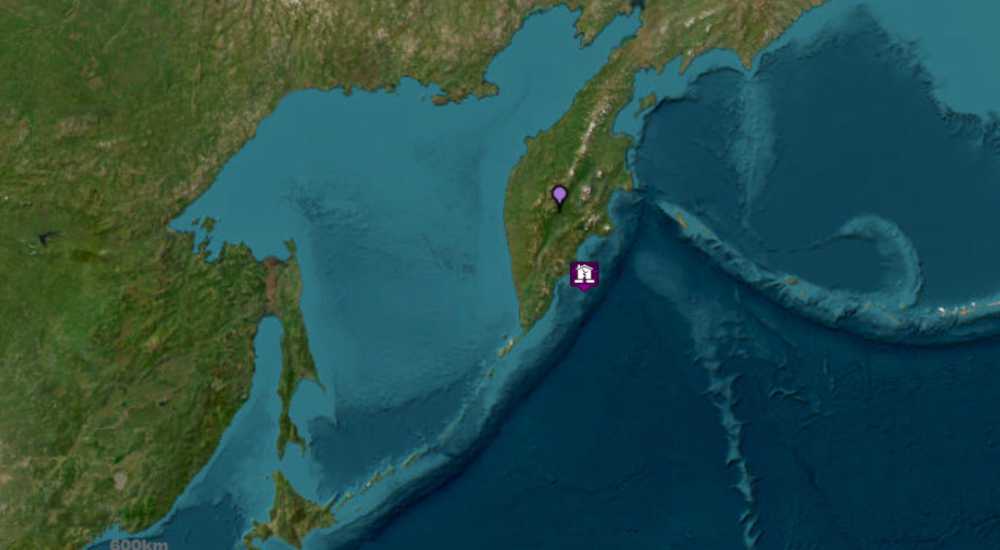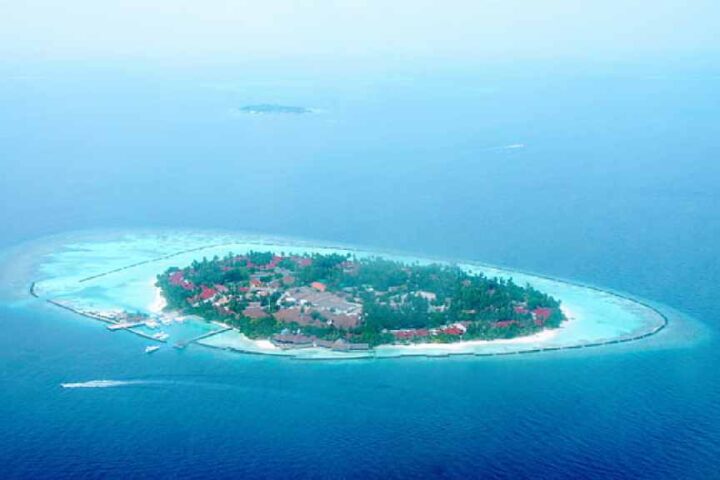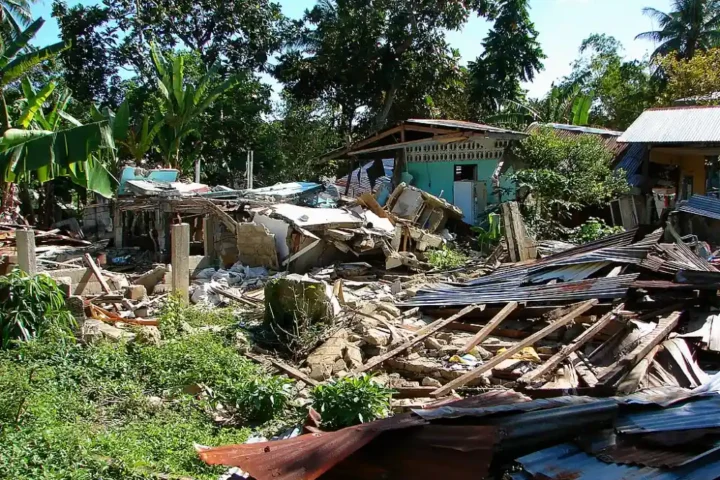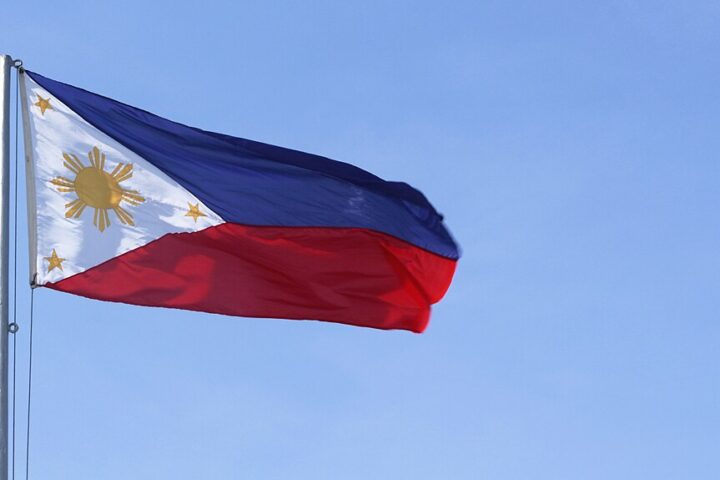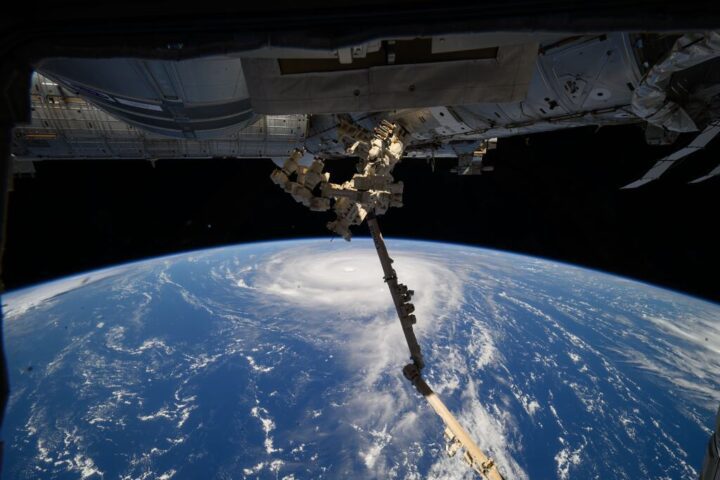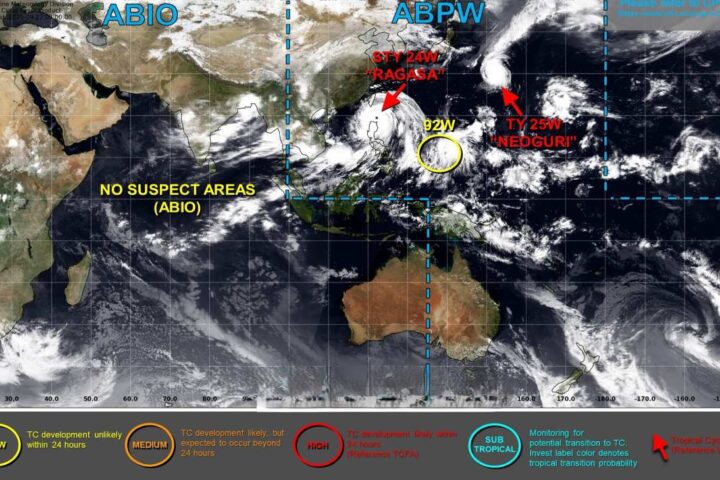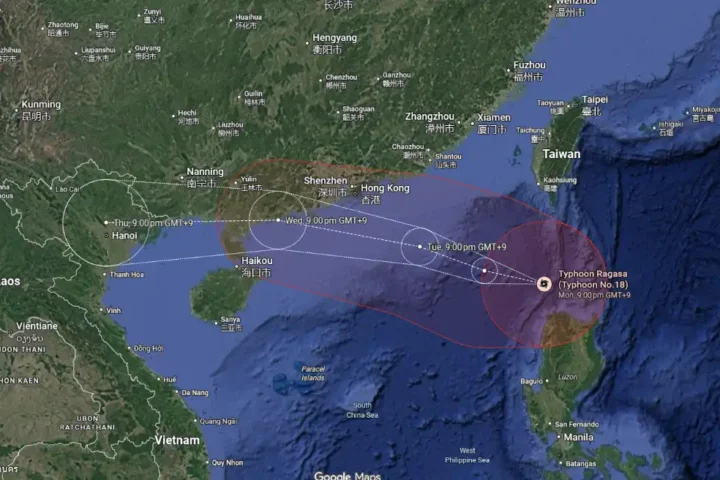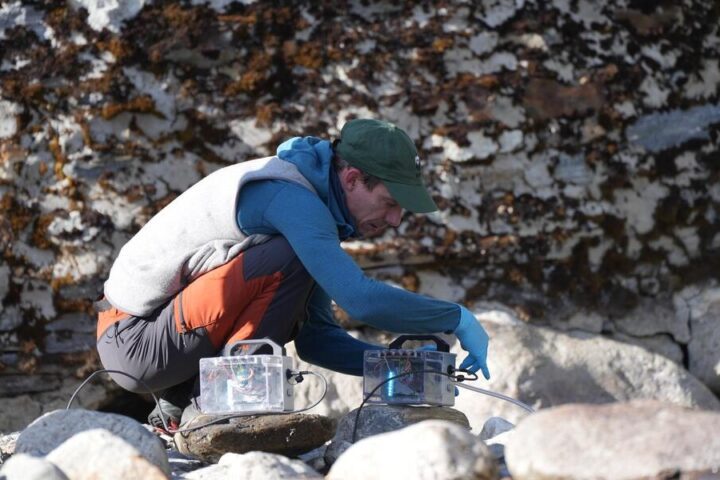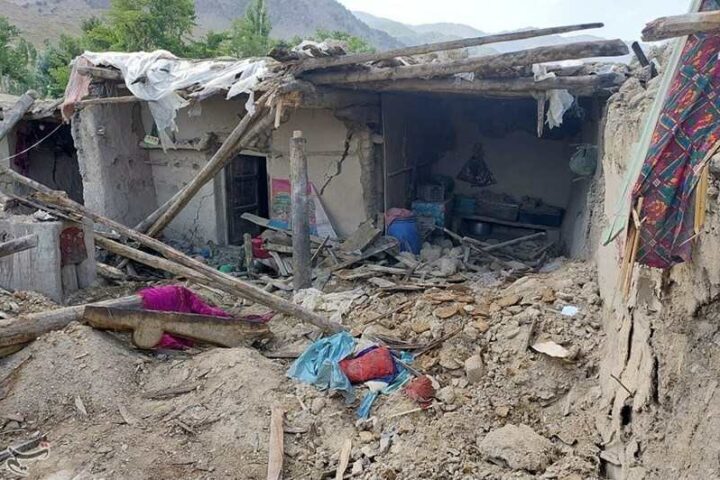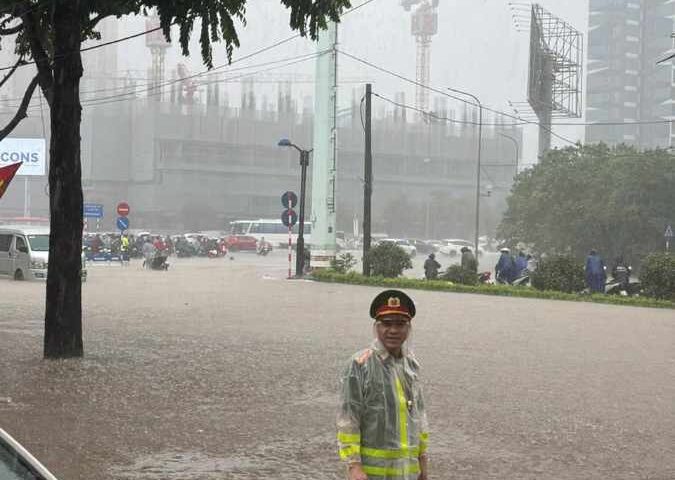Indonesia has seized parcels of land from two nickel mining companies that failed to secure proper forestry permits, officials announced Friday. The government task force took 148 hectares from PT Weda Bay Nickel on Halmahera island and 173 hectares from PT Tonia Mitra Sejahtera in Southeast Sulawesi.
The seizures come as part of President Prabowo Subianto’s broader crackdown on illegal resource exploitation. Last week, the president revealed that authorities had identified more than 1,000 illegal mining operations across the country.
“They have the mining permit, but they don’t have the borrow-to-use permit for the forest,” explained mining ministry official Rilke Jeffri Huwae, referring to Weda Bay Nickel’s case.
Similar Posts
The government task force has identified a staggering 4.2 million hectares managed by 51 companies that lack proper forestry permits, suggesting more seizures could follow.
Weda Bay Nickel spans about 45,000 hectares on Halmahera island and is jointly controlled by China’s Tsingshan Holding Group, France’s Eramet SA, and Indonesia’s Aneka Tambang. The company says it accounted for 17% of global nickel production in 2023.
Eramet Indonesia downplayed the impact, stating the seized area was merely a rock quarry for construction materials, not the main mining site. “We respect the decisions of the Indonesian authorities and fully support PT WBN in working closely with the authorities,” the company said in a statement, adding that it doesn’t expect significant disruption to operations.
The enforcement action rippled through global markets, with nickel prices rising about 1.3% on both the London Metal Exchange and Shanghai Futures Exchange following the announcement.
Environmental and Indigenous rights groups have long criticized Weda Bay’s impact on surrounding forests and local communities, particularly the Hongana Manyawa Indigenous tribe. This isolated hunter-gatherer community claims the mining operation is destroying forests they rely on for food and shelter.
While acknowledging these concerns, activists doubt the seizures will address broader environmental impacts. “If the seizure is aimed for the benefit of the people, then the people should be the ones managing it,” said Melky Nahar from the Mining Advocacy Network environmental group.
Indonesia banned nickel ore exports in 2020 to build more value in its domestic industry. As the world’s largest nickel producer with the biggest known reserves, the metal plays a crucial role in Indonesia’s economy. Mining—dominated by coal and nickel—represented nearly 9% of the country’s GDP in the first quarter of 2025.The crackdown follows similar actions in the palm oil sector, where authorities previously seized more than 674,000 hectares of palm oil plantations operating without proper permits.
